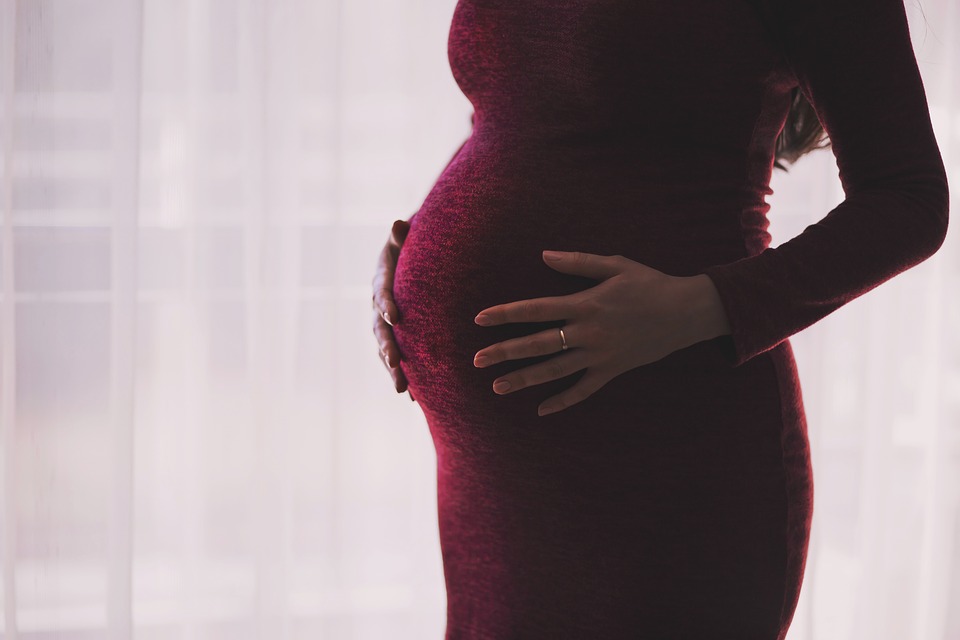Things to Never Say to a Person Who Has Had a Miscarriage
Today we are going to figure out what not to say to a woman who has a miscarriage during pregnancy.
“Pull yourself together, don’t cry, you have to live on”
A woman who has recently lost her embryo has no power to pull herself together, stop crying and think about the future. She is living through her dramatic experience and will not be able to “move on” until she has gone through all the stages of mourning.
Such words block the process of living the trauma, do not allow the pain to come out, which means they inhibit the healing process. Phrases like “that is enough, stop thinking about it, stop focusing on your grief” only emphasize the helplessness of a woman and can even cause aggression.
Imagine: a man broke his leg, and we say to him: “Pull yourself together, don’t whine, get up and walk.”
He will be able to get up and walk when the bone heals and the muscles recover, but not before that. It is the same with our mental trauma.
“You’re lucky anyway. It could be worse”
We want to support by talking about other human tragedies: about the loss of children already born, about the impossibility of becoming a mother. But the woman hears only one thing: “Your grief is nonsense, it is insignificant, you just haven’t had a real grief”.
It is clear that there are many problems in the world and there are more difficult situations – but it is unlikely that a story about someone else’s misfortune will ease your own suffering, but it may unsettle you and knock you off your feet.
Any comparisons with other experiences, even if they ended up well after the miscarriage, will distract the woman from experiencing her own condition. Meanwhile, in the experience of grief, it is critically important to live through all the emotions associated with loss.
“You had a short term, it was not a living person, but just a few cells”
A woman who lost her baby at an early stage has the right to strong feelings. They say to her: “There was no one there yet, stop crying.” But the fact is that loss of pregnancy does not in any way determine the strength and degree of the mother’s experience. For a woman, this is real grief, the baby already existed in her mental space, she dreamed of what it would be like and how she would take care of it.
When we refer to the unborn baby as a “bunch of cells”, it is not just a careless attitude – it is an outright insult, devaluation and absolute violation of boundaries. This attitude can be a trauma for a person.
“This is a natural process – the body got rid of an unviable embryo”
This is what doctors often say to comfort a woman. But for some reason, the woman is not comforted. Probably because at this moment she is in a particularly vulnerable state and she does not care about any scientific explanations. Such phrases must be spoken carefully, given the condition of the woman.
On the other hand, the phrase “it happens” is a statement of fact, it can become supportive if it is said at the right time and with the correct intonation.
It is important for a woman to know that she is not the only one who lost a baby during pregnancy, that this is a really natural process and that sometimes happens. But at the same time, she wants to feel that the interlocutor understands the depth of the loss and respects her feelings.
“You are young, you will give birth to another one”
The point is if you have a left leg, this does not mean that you will not be upset if you lose your right one. Likewise, one baby will never replace another one. Each of the children is the only and beloved one for his mother.
It doesn’t matter how many children a woman has already had. It does not matter how many she can give birth to later – these children are valuable in themselves, but they will not replace a deceased baby. Now a woman mourns the departed baby and has every right to do so.




